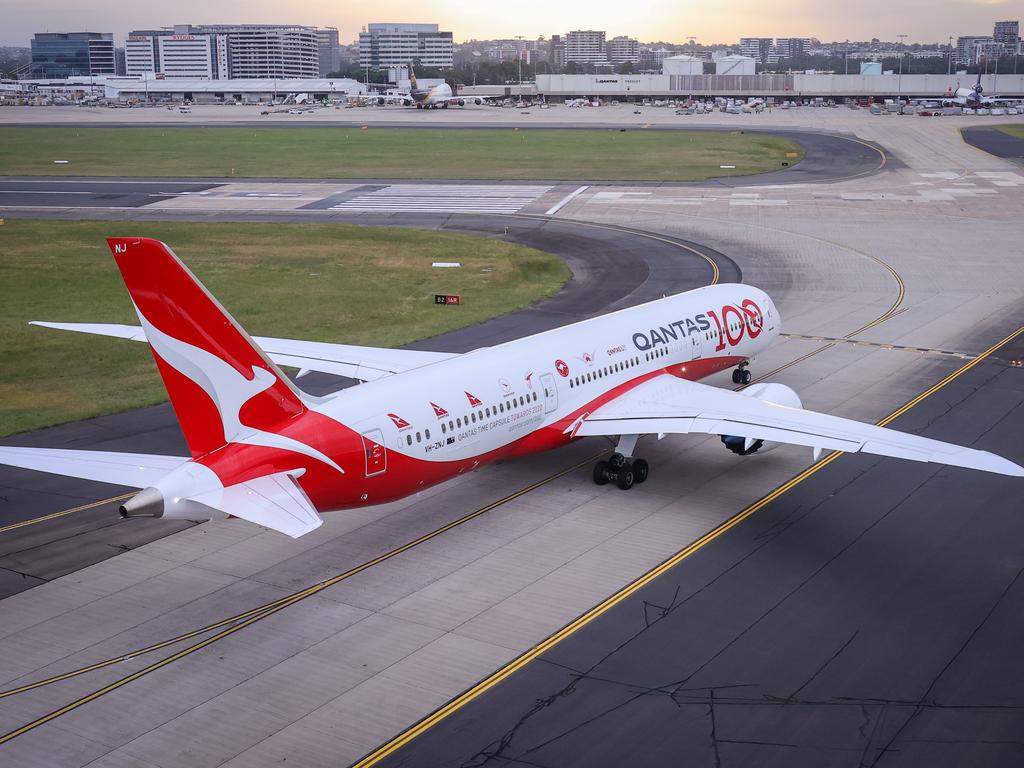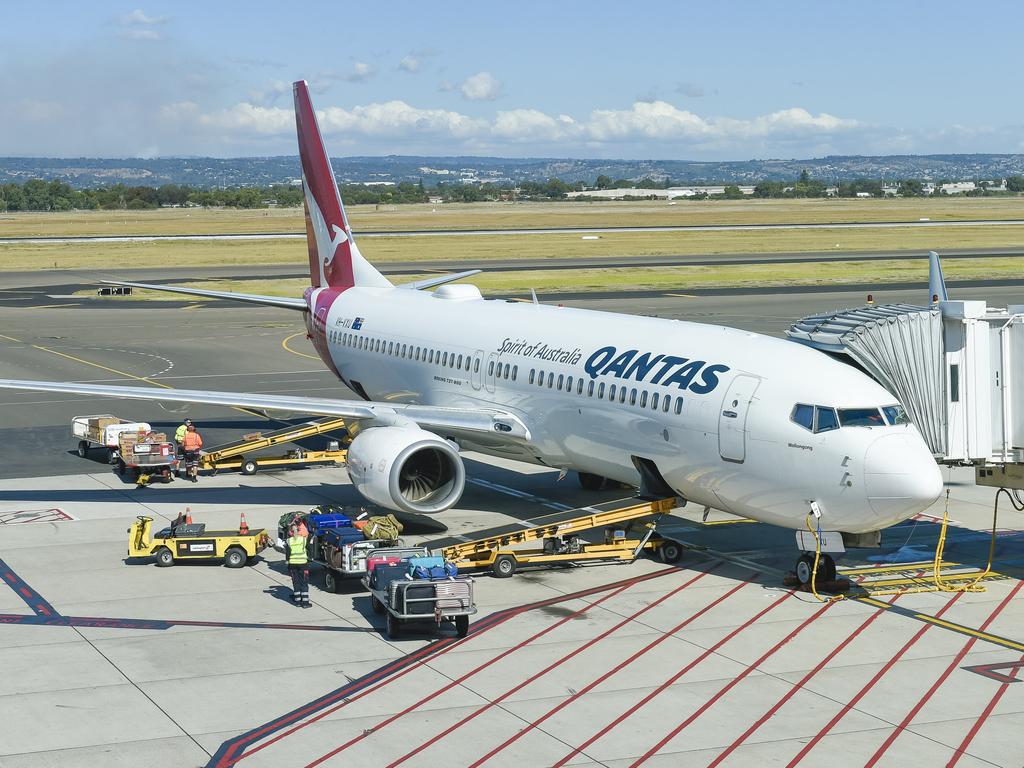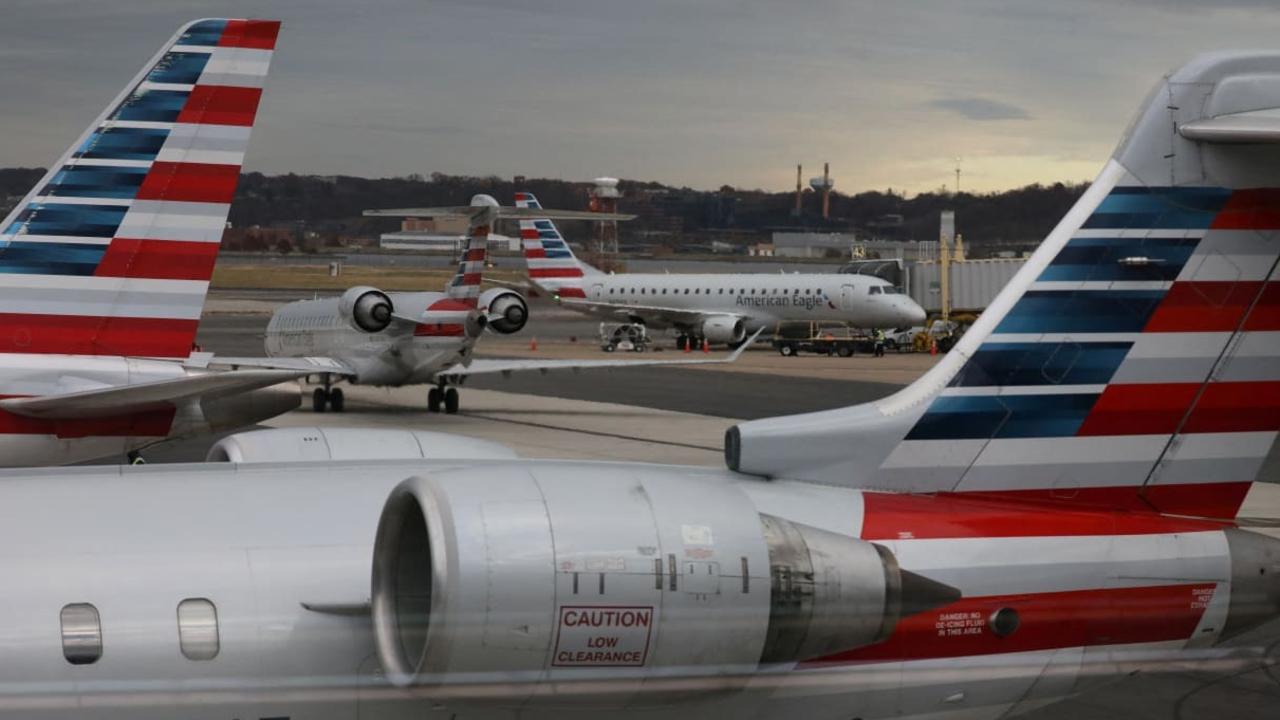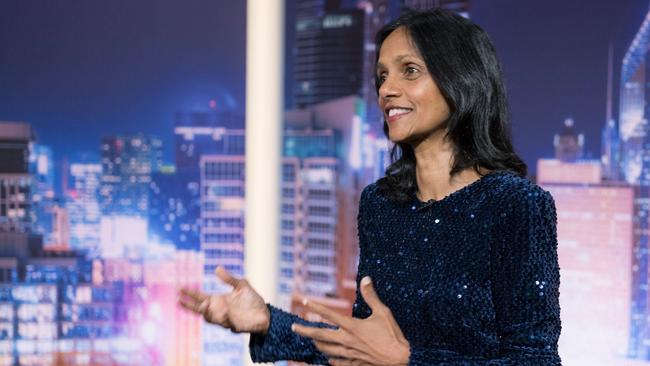
Shemara Wikramanayake’s classic $1.9bn cost-out funds management deal in the US makes a run at AMP less likely as financial behemoth Macquarie expands its US-based funds management operations.
As always with Macquarie, all options are still on the table, but Wikramanayake has stuck close to home with the acquisition of Kansas-based Waddell & Reed.
The 83-year-old fund manager was one of the first to sell retail funds to clients operating from department stores in the early days. This is a far cry from its notoriety in 2010 as one of the causes of the so-called flash crash, when high-frequency trades caused a market meltdown.
The deal will bring Macquarie Asset Management’s funds under management to $650bn, placing it in the top 25 active US managers and diversifying from its specialist base to a retail equities focus.
In the September quarter, Waddell & Reed had revenue of $US267m ($360m), distribution costs of $US122m, including $US62m in compensation, leaving pre-tax profits at $US145m.
It will sell the wealth management arm with $US63bn in assets under advice as that operation is staff-intensive, which is where much of the cost base lies.
But the logic of this deal seems to be a land grab of funds under management, bringing Macquarie Asset Management’s total assets to $650bn.
The sale of the wealth arm to LPL will cut a chunk of costs, but more costs will be cut, which could involve more staff leaving.
That’s where the cost-out logic is clear for a business that adds scale but has sold cheaply at a price-earnings ratio of just over 10 times because of its bloated costs and continued fund losses.
The $400m sale of the staff-intensive wealth division to LPL comes with a long-term partnership deal to boost funds under management.
Waddell is well known to Australian bank analysts who have successfully marketed local banks to the midwest firm.
The deal done at effectively six times earnings comes in below the recent average of 10.2 times.
In 2009 after the global financial crisis, then Macquarie boss Nicholas Moore acquired Delaware Asset Management in what has turned into a financial coup, with assets under management increasing from $US125bn to $US240bn. Wikramanayake will be hoping to maintain the performance.
The purchase at what is a low point in the economic cycle is also classic Macquarie, boosting earnings at a time when profit growth from existing assets is thin on the ground.
Macquarie will collect a $381m profit on the $1.8bn float of software star Nuix with another $347m to come.
Jefferies analyst Brian Johnson, who has a hold on the stock due to the market’s inflated earnings expectations, thinks in 2023 the Waddell acquisition will be 6.7 per cent earnings-per-share accretive.
Joyce makes the most of it
It is said you shouldn’t waste a crisis and, having endured the worst in the industry’s history, it can be said Qantas’s Alan Joyce has made the most of it.
He has slashed costs and reconfigured the airline to focus staff at the airline operating and service level, which means 8500 jobs will be off the payroll.
The unions are crying poor but as with Virgin right now the workers don’t have much leverage.
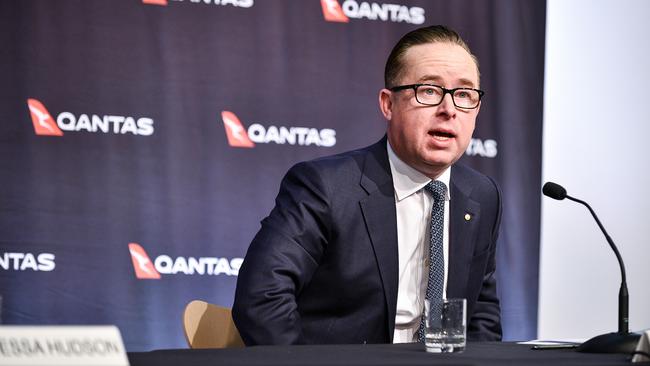
Qantas and its staff have collected about $1bn in JobKeeper payments and myriad different cost recovery payments, so that is another party to keep happy, and of course there are customers.
Right now they can’t get enough airline tickets.
The main game at Qantas is domestic travel rising to 68 per cent capacity and heading to 80 per cent next quarter, but on the ground it is extending its brand further through a new home insurance product with UK-based Auto & General.
As Joyce sees it, insurance is a $20bn market and if he can get 2 per cent or 3 per cent that’s good, but better still it’s all part of the brand loyalty program, which at $1.2bn in revenues is fast catching up to planes as a revenue source.
After posting a $2.7bn loss last financial year, the market is expecting a $1bn-plus loss this year in which Joyce is facing a shortfall of $11bn in revenue, or 62 per cent of 2019 levels of $18bn.
The market didn’t react to Thursday’s statement because the good news was already factored in for a stock that was trading at $7.43 in January, then fell to $2.06 in March when the government effectively shut it down. It is now at $5.54 and at post-COVID highs.
Retail investors who picked up stock in the March $1.4bn equity raising are OK as they paid $3.18 a share, and institutions that paid $3.65 are comfortably ahead, ticking off another stakeholder.
It’s not a walk-up start for Joyce against a revived Virgin and his favourite “tantrum” exponents Rex nipping at his airline and debt up 25 per cent this year to $5.9bn.
Qantas doesn’t break out freight earnings, which are grouped with international, but this half at least will be a big contributor behind loyalty.
The airline is building up its own specialist freight operations and is primed to play a key role in bringing vaccines into Australia, with specialist operations using dry ice to keep the medicines at the desired temperature.
The federal government is talking with Qantas and logistics firms such as Linfox and Toll to work out just how to get the vaccines into and around the country.
Joyce said the airline would be back to being cashflow positive from January, which is a huge step forward.
JobKeeper and other government payments have kept the company running, with $267m in JobKeeper payments in the year to June, which went to stood-down staff, and a range of other payments that in all will run close to $1bn for the COVID-19 period.
The company says this money is basically cost recovery with net benefits of about $20m.
As domestic routes reopen, Qantas is poised to keep its feet on the throat of competitor Virgin with another 25 corporate customers joining from Virgin.
The Bain-controlled Virgin will run a hybrid model, which means free baggage and business class, allowing Jetstar a free run at the budget end of the market.
At the premium end a full suite of corporate lounges and other perks will position Qantas well to confidently declare it will have 70 per cent of the domestic market.
The airline will obviously report another loss this year, but is poised to bounce back when international starts in July.
Joyce has cut 8500 jobs from the payroll, which will soon number 14,000 with another 13,500 officially stood down until full operations resume.
When the history is written Joyce will be seen to have made the most of the crisis.



